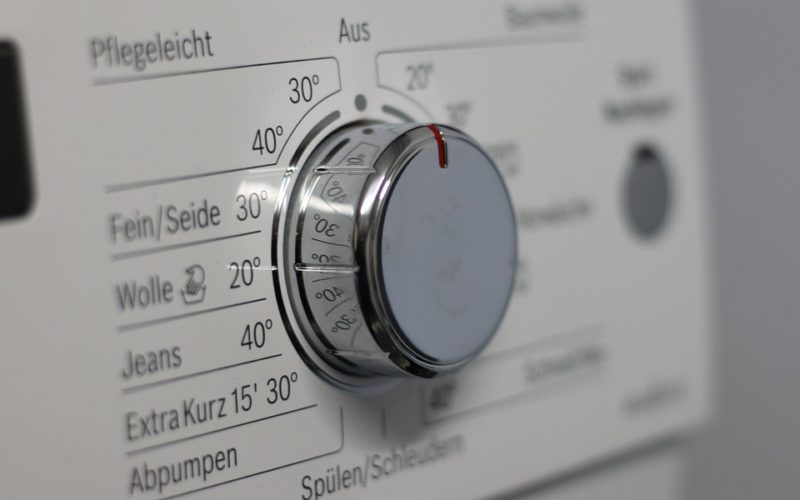The global push towards sustainability has prompted governments worldwide to take proactive steps in promoting eco-friendly initiatives. Among these efforts, offering subsidies for home improvements stands out as an impactful way to encourage homeowners to make their properties more environmentally friendly.
Understanding government subsidies for eco-friendly homes
Government subsidies aim to alleviate the financial burden associated with eco-friendly home improvements. These incentives can take various forms, including direct grants, tax credits, or low-interest loans. By reducing the upfront costs of sustainable renovations, governments hope to encourage more homeowners to adopt energy-efficient technologies, ultimately reducing carbon emissions and conserving natural resources. These measures align with broader environmental goals and help foster a culture of sustainability among citizens.
The scope of eco-friendly home improvements
Subsidies cover a wide range of eco-friendly home upgrades, from installing solar panels and energy-efficient windows to incorporating smart home technology and insulation improvements. In some countries, governments have also introduced incentives for rainwater harvesting systems and geothermal heat pumps. By offering a spectrum of supported projects, homeowners have the flexibility to choose improvements that best suit their property's specific needs and local climate conditions.
Economic benefits for homeowners
While the primary goal of these subsidies is environmental, homeowners also stand to gain economically. Energy-efficient upgrades can significantly lower utility bills, offering long-term financial savings. Additionally, eco-friendly homes often see an increase in property value, making them an attractive investment. For many, the combination of immediate cost savings from subsidies and the potential for a higher resale price creates a strong financial incentive to go green.
Case study examples
Different countries have implemented unique approaches to home improvement subsidies. For instance, the UK’s Green Homes Grant provided vouchers to homeowners for energy-efficient improvements, significantly reducing the renovation costs. Similarly, Germany offers low-interest loans and grants for energy-efficient building upgrades through its KfW Development Bank. These programmes serve as successful models, illustrating the potential impact of well-structured government support on promoting sustainable home renovations.
Challenges and considerations
Despite the benefits, there are challenges associated with implementing subsidy programs. The application process can be complex and time-consuming, deterring some homeowners from taking advantage of available incentives. Additionally, the effectiveness of these programs relies heavily on awareness and accessibility; without proper dissemination of information, eligible homeowners may remain unaware of the opportunities. Governments must address these issues by simplifying processes, ensuring transparency, and actively promoting available subsidies.
The future of eco-friendly subsidies
Looking ahead, the role of subsidies in promoting sustainable living is likely to expand. With international pressure to meet climate targets, governments are expected to introduce more comprehensive and ambitious programs. Future initiatives may include broader eligibility criteria, increased financial support, and technological advancements in eco-friendly solutions. By continuously adapting and enhancing subsidy programs, governments can ensure that they effectively contribute to global sustainability goals while empowering homeowners to make eco-conscious choices.
Government subsidies for eco-friendly home improvements represent a powerful tool in the fight against climate change. By providing financial support, these initiatives make it easier for homeowners to adopt sustainable practices, leading to reduced carbon emissions and economic benefits. With continued innovation and commitment, subsidies can play a crucial role in creating a more sustainable future for all.

























